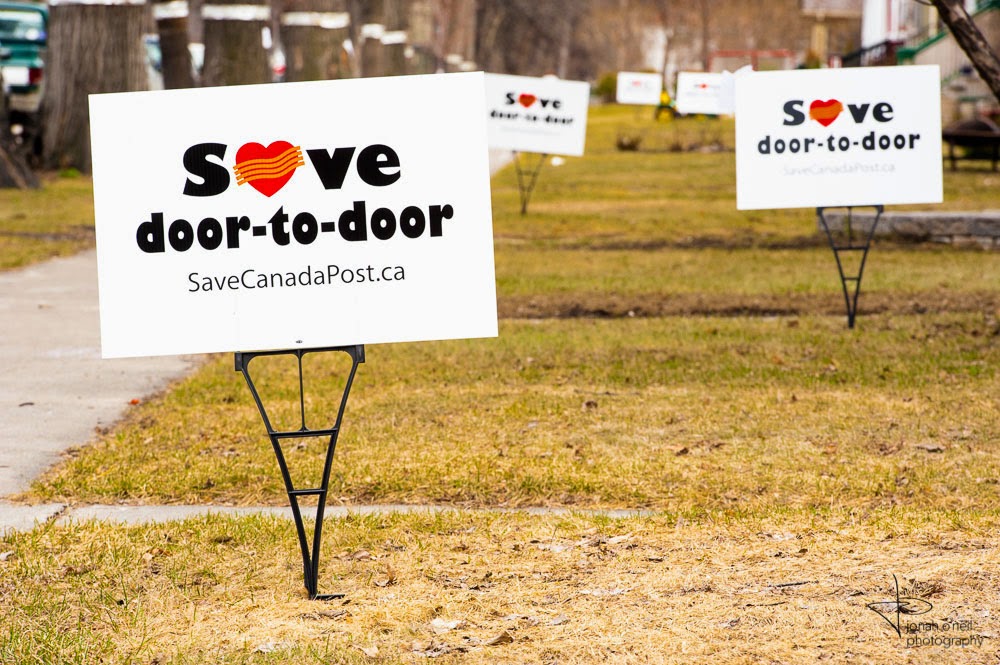A recent article posted on The Star takes issue with Stephen
Harper’s tendency to dismiss sociological explanations for crimes. For example,
in response to the murder of Tina Fontaine, Harper argued that her death was an
isolated incident and that the murder was not part of a sociological
phenomenon. Harper also made similar comments in response to the attempted
bombing of a VIA train last year. The journalists at The Star take issue with
this attitude because supposedly it is an “ideological attempt to prevent
Canadian society from being able to identify and tackle its structural
injustices.” While I can’t defend everything Harper has done or said, I feel
his objective approach to this crime is commendable, especially since it doesn’t
capitulate to the incessant whining of social justice warriors.
How does one distinguish between an isolated incident and a
structural phenomenon? The Star article claims that structural injustices
differ from individual crimes in that crimes by individuals can be traced back
to a single person(s), whereas structural injustices are committed by society
at large. If that is the case, I fail to see how Ms. Fontaine’s murder should
be regarded as the latter rather than the former. Considering that we don’t
even know who the murderer is yet, it doesn’t make sense to attribute his/her
motivations to racism, as that is not likely the case.
Most of what is deemed as structural injustices are no more than
statistical disparities between one group and another. For instance, the
article implies that the difference between the murder rate of aboriginal
Canadian women and non-aboriginal women is indicative of structural racism. Leave
it to the crazy SJW’s to automatically claim this to be the result of racism or
sexism. However, differences in the murder rate between one group and another
cannot by itself reveal structural discrimination. Tina Fontaine was a runaway
teenager. Seeing as though the vast majority of child abductions happen to
runaway children[1], I
would venture to say that Ms. Fontaine’s status as a runaway put her at far
greater risk of being murdered than being aboriginal. There are often underlying differences between
the groups (such as economics, cultural values, level of education, etc.) that
lead to such statistical disparities. In Canada, men are far more likely to be
the victims of aggravated assault and murder than women[2];
however, few SJW’s would suggest this
statistical disparity to be the result of sexism or racism since it does not fit in
with their preconceived narrative—namely that women and minorities are
oppressed whereas white men never are. There is no simple, convenient
explanation for why men are murdered far more often than women, or why aboriginal women are murdered more than white women, but to simply
dismiss this as sexism or racism clearly ignores
all the nuances and complexities of human interactions. However, when the
statistical disparities do reflect the world view of the SJW’s, then they will
be the first to cry racism or sexism.
I don’t have anything against the academic discipline of
sociology per se, but we all know that when The Star talks about “structural
injustices”, what they really mean is finding a way to blame everything on
either sexism, racism, capitalism, or all the above—a practice that is far
removed from anything resembling the scientific method. It should be remembered
that Tina Fontaine wasn’t murdered by society,
she was murdered by an individual person, whose motivations for doing so were solely
his own. The reason why I believe the attitude conveyed by The Star is toxic is
because it diverts the responsibility of Ms. Fontaine’s murder away from the
individual who committed it and imposes it collectively on society. Since Ms.
Fontaine’s murder was the result of structural racism according to these
people, it is society that needs to atone for it. For Stephen Harper to acknowledge
these “structural injustices” would mean effectively signing a blank check away
to any social justice warrior or special-interest groups who claims to have the
answers. It’s funny that the solution to rectifying so-called structural
injustices typically involves the redistribution of wealth in some form or
another.
When Margaret Thatcher said that “there is no such thing as
society”, she meant that there is no entity called “society” that may speak,
feel, think, or act on anyone’s behalf. Society is an abstract concept referring
to the various relationships between individuals, and to speak of society apart
from individuals is to remove all humanity from the discussion. It may be tempting to blame society for a heinous
crime like the murder of Tina Fontaine when there is no suspect to point the
finger at yet. However, trying to impose the guilt of one individual upon an
entire collective is an absurd accusation. Stephen Harper is demonstrating a
level-headed approach to such a heinous crime instead of resorting to knee-jerk
emotional reactions.
















